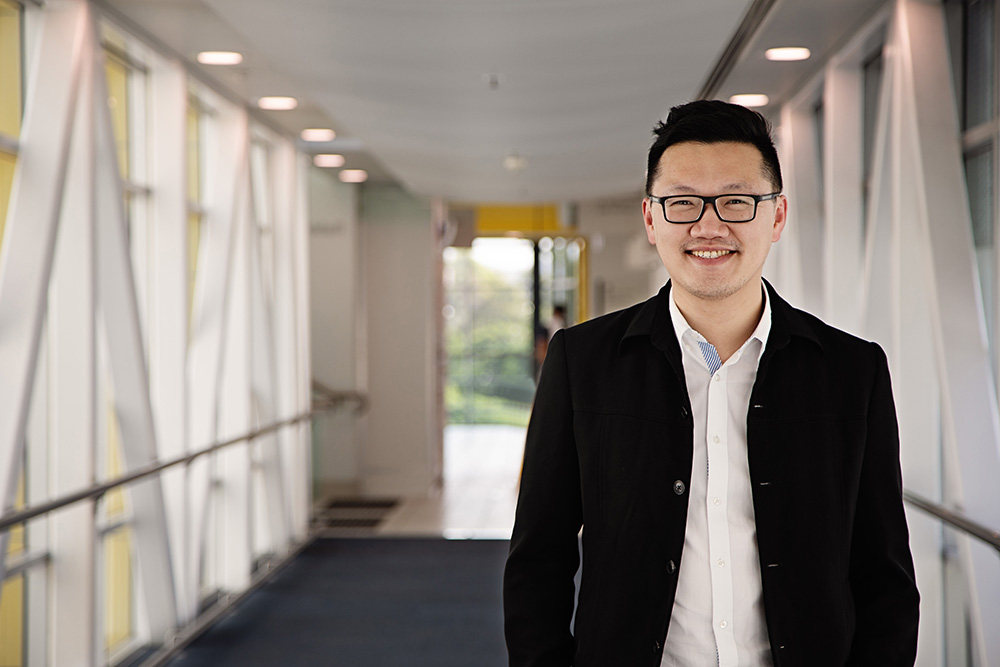
Thousands of cancer survivors could benefit from a new model of shared follow-up care delivered by specialist cancer care nurses, GPs, and cancer specialists incorporating telehealth sessions being implemented under a five-year $1.5 million NHMRC Investigator Grant.
• A new nurse-enabled model for breast cancer and lymphoma survivors
• Breast cancer and lymphoma are most common cancer types with high survival rates
• Model incorporates telehealth
QUT Faculty of Health Professor of Cancer Nursing, Ray Chan said the Investigator Grant would be used to transform the way Australian cancer survivors receive care after they have completed treatment.

“To achieve this transformation, my team and I will implement and evaluate a shared follow-up model for early breast cancer and lymphoma, the most common cancer types with high survival rates,” said Professor Chan, a member of the QUT Centre for Healthcare Transformation.
“The latest 5-year survival rates for breast cancer and lymphoma reached 91 per cent and 76 per cent respectively, and cancer is now recognised as a chronic condition.
“Current follow-up care requires patients to regularly attend specialist outpatient clinics for 3 to 5 years, sometimes longer. This model does not capitalise on GPs’ expertise and is not sustainable in the long run.”
“Telehealth is well-established in Australia and can be used to save cancer survivors in rural and remote areas from travelling to the city for check-ups. COVID-19 has further increased familiarity of patients and health professionals’ in their use of telehealth.”
Professor Chan said he was thrilled and honoured to have received a NHMRC Investigator Grant to support his research.

“This implementation trial will provide a new patient-centred care model to improve health-related quality of life for survivors through a significantly better patient care experience and higher uptake of healthy lifestyle behaviours.
“In addition, an integrated, shared-care approach involving cancer specialists and GPs is likely to be more cost-effective than a specialist-led model and can relieve pressures in acute care to meet the ever-increasing demand.”
Professor Chan said the new model would use specialist cancer nurses, who make up the largest acute cancer care workforce, to enable the shared-care arrangement.
“These nurses will receive training and support to address any barriers impeding share-care arrangements,” he said.
“We will also ensure GPs have access to a range of clinical tools and resources, including Medicare items to enable them to spend time with the patient to discuss any side-effects of treatment or anxieties they may have.”
Professor Chan said the grant is an important investment in health service innovation researchers.
“This grant will enable us to extend our work from a focus on breast cancer to lymphoma as a blood cancer,” he said.
“For this implementation research program, we will draw on an extensive body of QUT-led research on cancer survivorship.
“We have also had long-running engagement with consumer networks through the Primary Care Collaborative Cancer Clinical Trials Group (PC4) and other partners to inform our research program.”
QUT media contacts:
Niki Widdowson, 07 3138 2999 or n.widdowson@qut.edu.au
After hours: Rose Tapnell, 0407 585 901.


